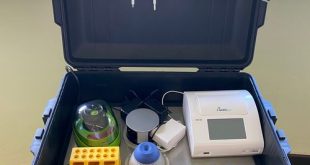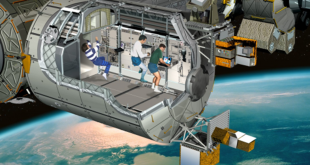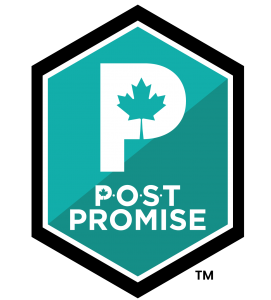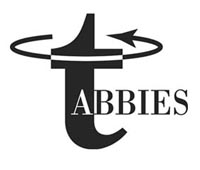A research project led by B.C.’s University of Victoria geography postdoctoral fellow Melanie Clapham proves that individual brown bears can be identified from photographs alone – something which had previously only been done for primates.
Using artificial intelligence, Clapham led researchers and software engineers in training computers to identify bears from photographs using facial recognition. She explains, “We wanted to assess the behaviour of individual bears over time, but realized how difficult it can be to tell these bears apart.”
The freely available software, BearID, lets scientists track populations of grizzly bears, without physically or genetically tagging them. Using facial recognition technology, this “deep learning” technique has the potential to reduce human-wildlife conflicts by identifying particular bears
– like those repeatedly breaking into garbage cans – and has applications for other species without unique or distinguishable markings.
As a result of training the deep learning system, the team was able to identify individual bears with an 84 percent accuracy using thousands of images of bears collected from two camera traps set up at Knight Inlet in B.C. and Brooks River in Alaska’s Katmai National Park.
For Dallas Smith, president of Nanwakolas Council, this research opens doors for grizzly bear monitoring in the traditional territories of local First Nations (where Knight Inlet is located). He notes, “This amazing technology will help us identify individual bears and better understand their movement and interactions throughout our territories, which will enable us to build better management plans around habitat protection.”
Smith adds, “It will help us manage and mitigate the impact of wildlife viewing, as well as positioning ourselves to more effectively and efficiently deal with bear-human conflicts that are becoming more and more prevalent.”
The research was supported by a Natural Sciences and Engineering Research Council grant and two ecotourism companies, Knight Inlet Lodge and Wild Bear Lodge.
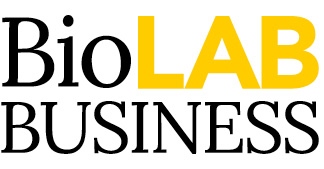 BioLab Business Magazine Together, we reach farther into the Canadian Science community
BioLab Business Magazine Together, we reach farther into the Canadian Science community
